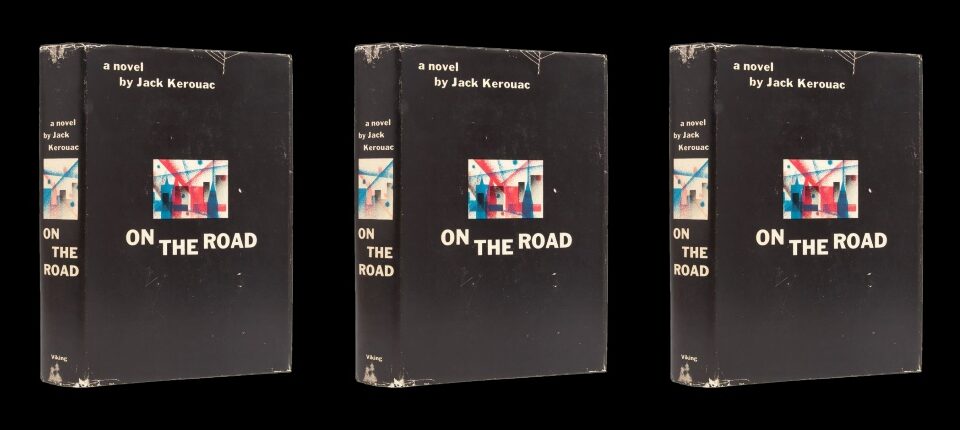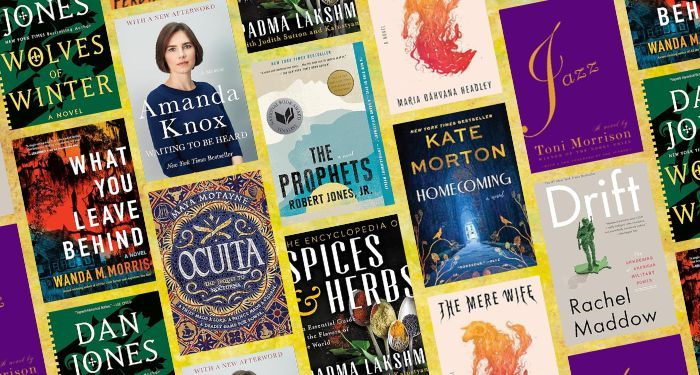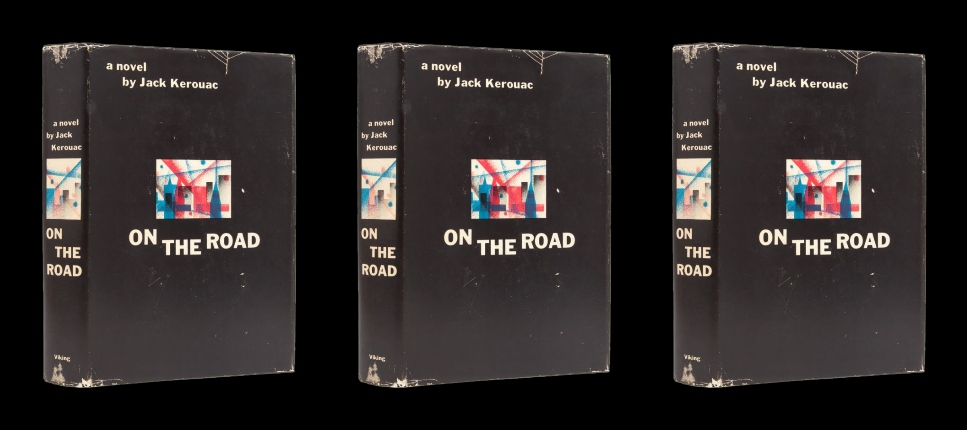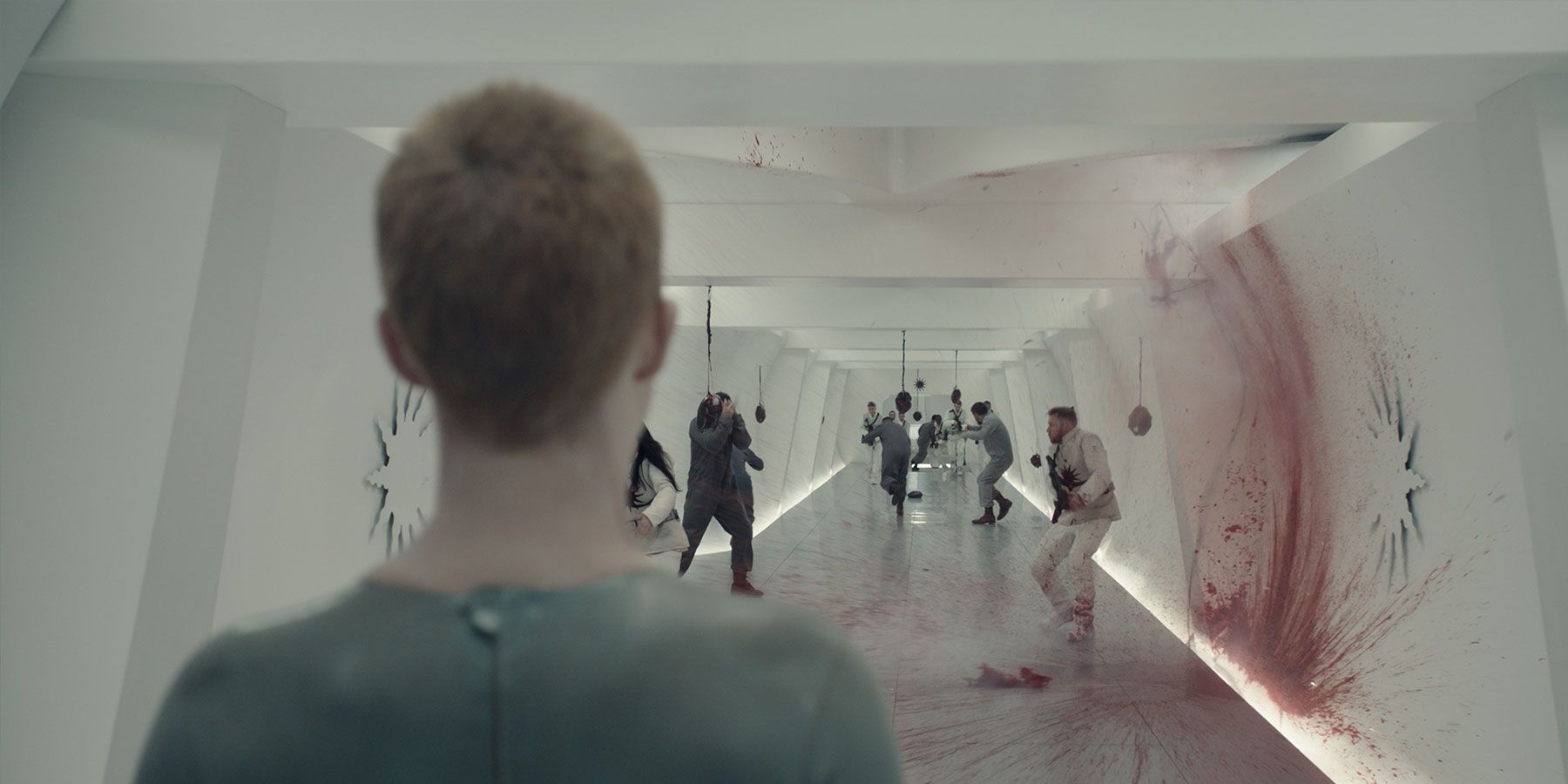The Best of the Literary Internet, Every Day

TODAY: In 2006, Cormac McCarthy’s Pulitzer Prize winning novel The Road is published.
-
A brazen and sensuous façade: Charlotte Van den Broeck on the Italian baroque master Francesco Borromini, whose endless pursuit of artistic perfection drove him to despair. | Lit Hub Design
-
Yiyun Li recounts the best (and worst) writing advice she’s received. | Lit Hub
-
“If you people really want to know what it’s all about, read Frank O’Hara, that’s right, FRANK O’HARA.” Read Ted Berrigan’s original review of Frank O’Hara’s Lunch Poems. | Lit Hub Poetry
-
A productive commute: Qian Julie Wang on people-watching—and writing her memoir—on the subway. | Lit Hub Questionnaire
-
“Isn’t the joke at least a little bit that men suffering midlife crises, even deranged psychopaths, are essentially all the same?” Philippa Snow on Ryu Murakami’s Piercing and male authors writing male violence. | Lit Hub Criticism
-
Joseph Earp considers schizophrenia, recovery, and finding connection in the poetry of Molly Brodak. | Lit Hub Memoir
-
“I like the clothes I wear to become part of me, like the people I love or the books I read.” Julia Reed on the memories woven into clothes. | Lit Hub Style
-
Remembering Hilary Mantel, who “reset the historical patterns” with her “arch, elegant, richly detailed” work. | The New York Times
-
David Evanier delves into why Julius and Ethel Rosenberg have become “more real to me each passing year.” | Los Angeles Review of Books
-
“We always argued and fought, but it was a good argument with a bottle of wine between us. I like kosher salt. She didn’t like it.” Jacques Pépin discusses his friendship with Julia Child, his new cookbook, and more. | Tasting Table
-
Jessica George explores the story of Bessie Beatty, a journalist whose work cast light on labor issues and women’s suffrage in America. | JSTOR Daily
-
Carolyn Kellogg reports from Joan Didion’s memorial service in New York. | Los Angeles Times
-
Omolola Ijeoma Ogunyemi recommends seven story collections that dissect the dislocation of migrating. | Electric Lit
-
“We are either to fight for justice, truth, and the right to honest criticism, or we should quite simply give up the title of intellectual.” Read Edward Said’s 1989 open letter to American-Jewish intellectuals. | Jewish Currents
Also on Lit Hub: Stacey D’Erasmo on writing about a complicit woman • New poetry from Wo Chan • Read from Jess Kidd’s latest novel, The Night Ship

























































